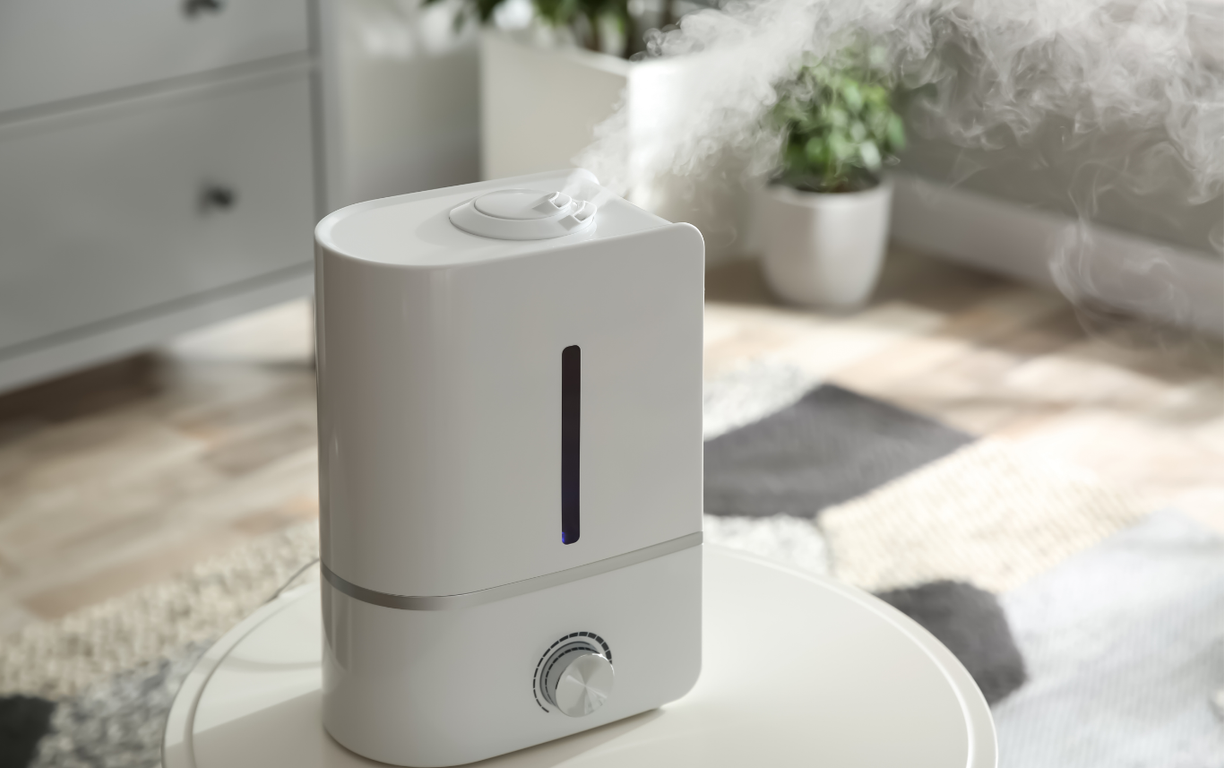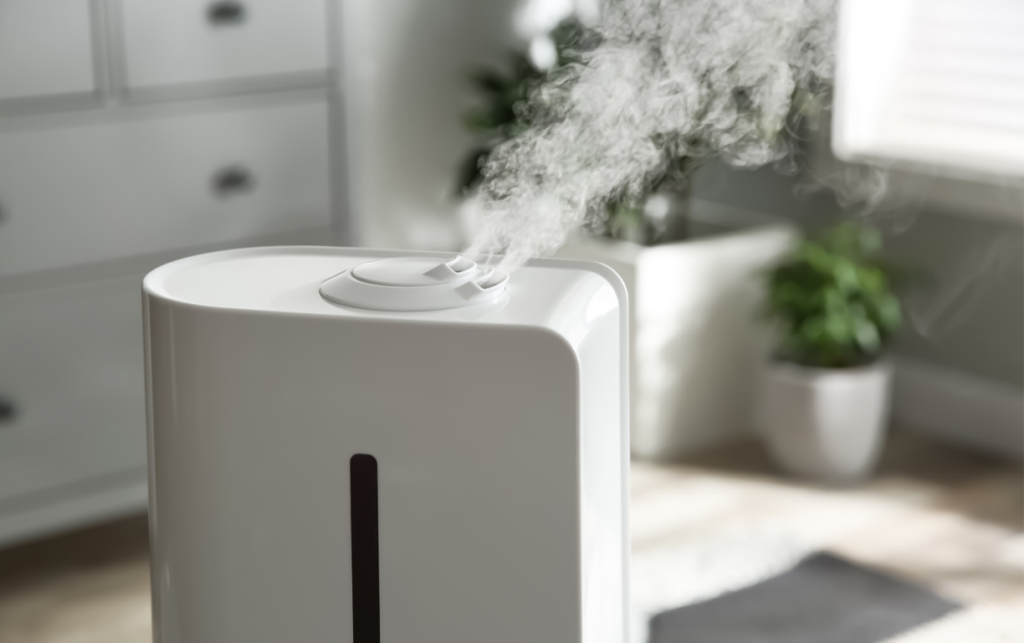Physical Address
304 North Cardinal St.
Dorchester Center, MA 02124
Physical Address
304 North Cardinal St.
Dorchester Center, MA 02124

Have you ever woken up with a dry throat or itchy skin? If so, you’re not alone. Many people experience discomfort during the colder months when indoor air can become uncomfortably dry. This is where a humidifier comes into play. But is it really worth the investment?
In this article, I’ll dive into the benefits of using a humidifier and how it can transform your living space. From improving air q
Have you ever woken up with a dry throat or itchy skin? If so, you’re not alone. Many people experience discomfort during the colder months when indoor air can become uncomfortably dry. This is where a humidifier comes into play. But is it really worth the investment?
In this article, I’ll dive into the benefits of using a humidifier and how it can transform your living space. From improving air quality to alleviating health issues, I’ll explore whether adding one to your home is a smart choice. Let’s uncover the truth behind humidifiers and see if they’re the solution to your dry air woes.

Humidifiers add moisture to indoor air, addressing discomforts caused by dry environments. Evaluating different types and their features is essential for making an informed purchase.
Using a humidifier offers multiple advantages that contribute to improved living conditions. Here are the key benefits:
Using a humidifier promotes better respiratory health. Increased humidity levels help ease symptoms of allergies and asthma. Humidified air reduces the likelihood of dry throats and sinus issues, allowing for easier breathing. Additionally, moisture in the air can help maintain skin hydration, reducing dryness and irritations. The Mayo Clinic notes that maintaining optimal humidity levels can also inhibit the growth of viruses and bacteria, thus lowering the risk of infections.
Using a humidifier enhances overall comfort at home. Higher humidity levels create a more pleasant environment, making it feel warmer during colder months. This can reduce the need for excessive heating, resulting in energy savings. Furthermore, a humidifier minimizes static electricity, which often becomes a nuisance in dry indoor air. Many people find that their sleep quality improves with a humidifier, as it helps keep nasal passages open and promotes more restful nights.
Humidifiers offer various benefits, but potential drawbacks exist that require consideration before purchasing.
Maintenance entails regular cleaning and water changes. I find that not maintaining a humidifier can lead to mold and bacteria growth, negatively impacting air quality. Manufacturers often recommend cleaning humidifiers weekly and replacing filters monthly or as specified. Failure to adhere to these guidelines can result in ineffective humidification and potential health risks.
Costs range based on the type and features of the humidifier. Some humidifiers start at around $20, while advanced models can exceed $200. Beyond the initial purchase, I consider ongoing expenses such as electricity and replacement filters. Budgeting for regular maintenance ensures the humidifier remains effective and safe. Additionally, I note that some models may not offer long-term benefits, making it crucial to evaluate overall cost-effectiveness.
I often see humidifiers as beneficial additions during specific circumstances. Recognizing when to purchase one can lead to improved comfort and health.
Cold weather usually brings dry indoor air, leading to increased discomforts such as chapped lips and irritated sinuses. When heating systems run, they lower humidity levels significantly. Investing in a humidifier during winter months can restore moisture, relieving dryness in the home. Additionally, spring and fall often accompany fluctuating humidity levels, making consistent humidity maintenance vital for overall wellness.
Individuals with pre-existing health issues may find humidifiers particularly helpful. Those suffering from asthma or allergies benefit from enhanced moisture, which can ease respiratory discomfort. Dry air can exacerbate symptoms like coughing and sinus pressure. Using a humidifier can also support skin health, aiding in moisture retention for conditions like eczema. When managing these specific health conditions, incorporating a humidifier can significantly improve quality of life.
Deciding whether to buy a humidifier ultimately comes down to your personal needs and living situation. If you’re struggling with dry air during winter or have health issues like asthma or allergies a humidifier could be a game changer.
While there are costs and maintenance to consider the benefits often outweigh the drawbacks. Improved air quality better sleep and enhanced comfort can make a significant difference in your daily life.
Take the time to evaluate your options and choose a model that fits your space and lifestyle. Investing in a humidifier might just be the solution you need for a more comfortable home environment.